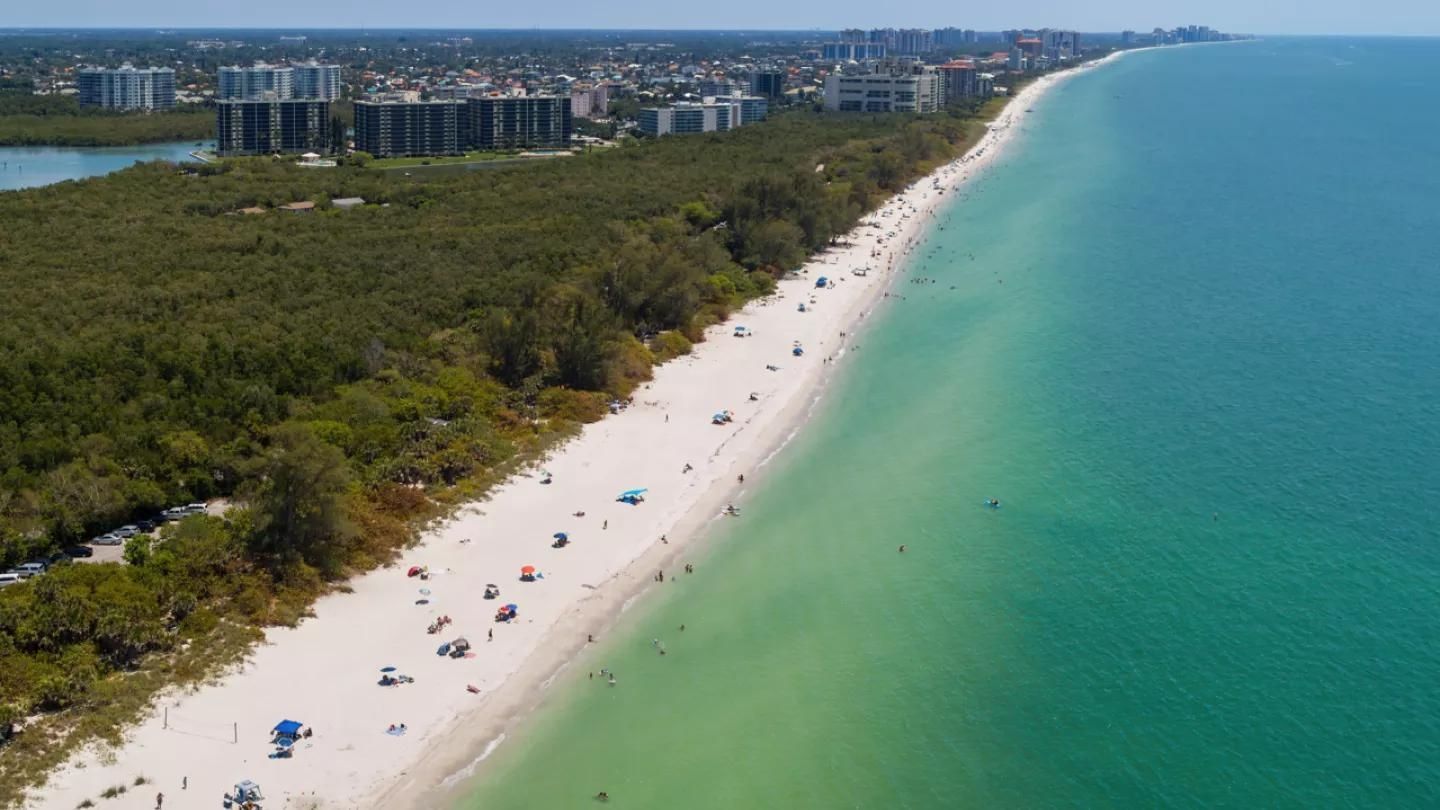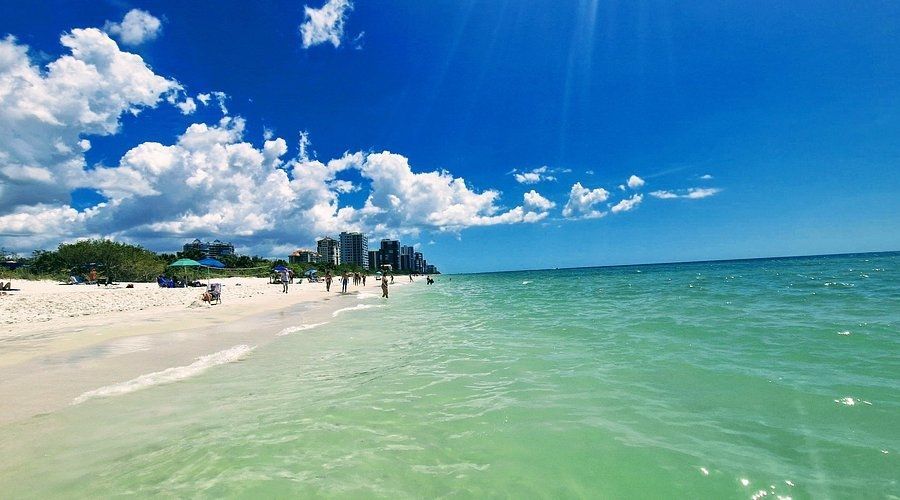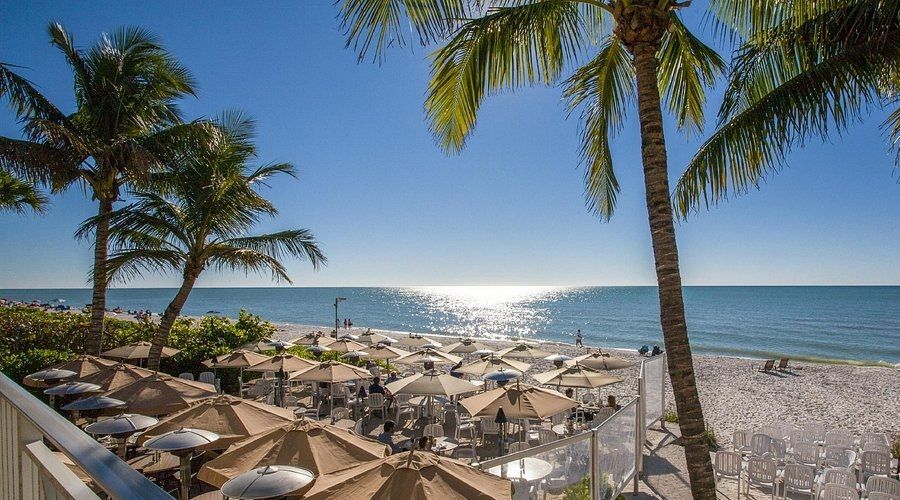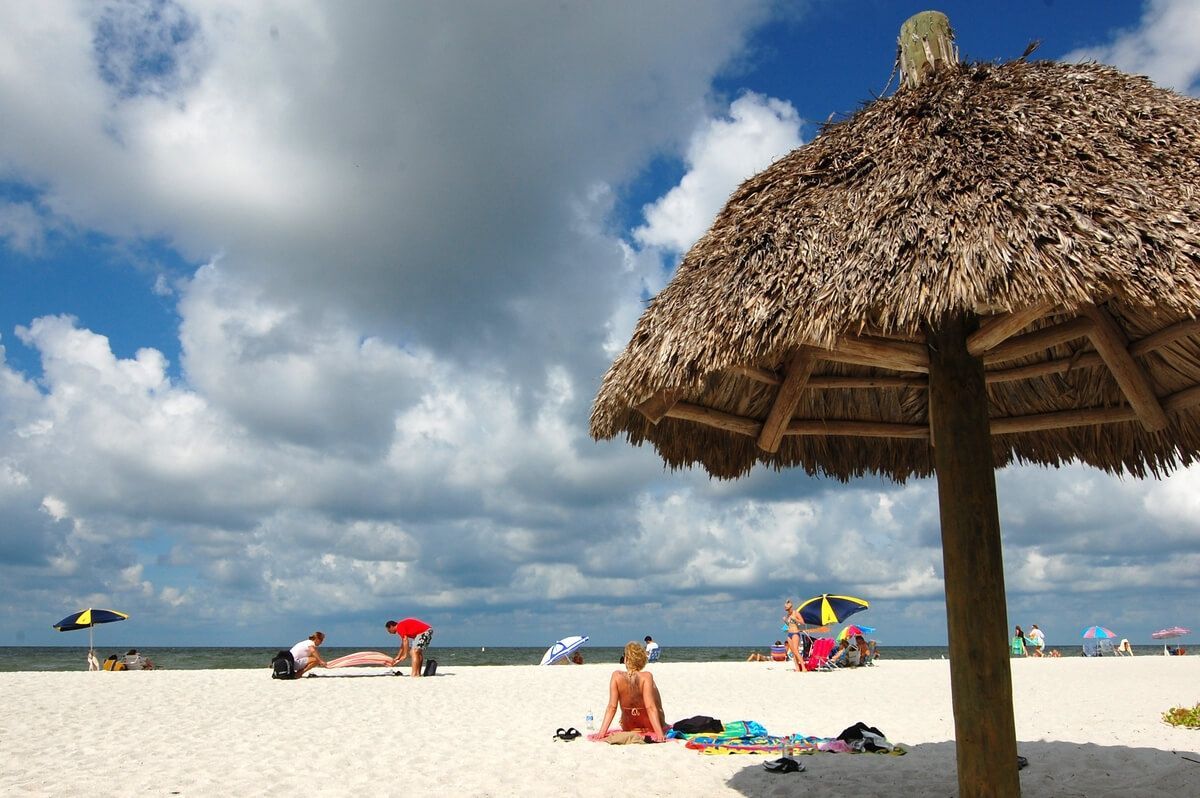Alabama Short-term Rental Regulations: What Property Owners and Managers Need to Know About Rentals
By: Elliott Caldwell | Jun 2, 2025

Alabama's diverse landscape, from Gulf Coast beaches to Birmingham's culture and Mobile's history, makes it a popular destination for travelers seeking authentic experiences. For property owners, this growing tourism industry presents a lucrative opportunity through Short-Term Rentals (STRs). However, operating an STR in Alabama requires navigating a complex web of regulations.
Whether you're a seasoned property investor or considering converting your first property into a vacation rental, understanding the regulatory framework is essential for legal operation and sustainable success. This guide breaks down the requirements at state, county, and municipal levels to help you establish and maintain compliance in 2025 and beyond.
Understanding Alabama's Short Term Rentals Regulatory Landscape: State vs. Local
Alabama’s short-term rental regulations operate on multiple tiers, creating a confusing landscape for property owners. State laws establish baseline requirements focused on taxation and business licensing. The most impactful and stringent regulations exist at the local level, through county and city governments.
This multi-layered approach means that two properties just miles apart could face different regulatory requirements based on their location. A rental in downtown Gulf Shores might operate under different rules than one in nearby Orange Beach, despite their proximity. This localized regulation makes understanding your property's jurisdiction crucial to successful STR operation. Let's examine the requirements.
Alabama Statewide Short Term Rental Requirements
Alabama State Lodging Tax
All short-term rentals in Alabama are subject to the state lodging tax, currently set at 4% of the rental amount. This tax applies to accommodations rented for less than 180 consecutive days and functions like hotel room taxes. As a property owner or manager, you are responsible for collecting it from guests and remitting it to the Alabama Department of Revenue (ADOR).
Recently, major booking platforms like Airbnb and VRBO have started automatically collecting and remitting state lodging taxes in Alabama under Marketplace Facilitator laws. However, this arrangement doesn't cover all applicable taxes, and the ultimate compliance responsibility remains with the property owner. Verify your obligations with ADOR and don't assume the platform handles everything.
General Business License Requirements
Operating a short-term rental in Alabama is considered a business activity, requiring a state-level business privilege license. Depending on your structure, this license is obtained through either the Alabama Department of Revenue or your County Probate Judge's office. For most individual STR owners, it is secured at the county level.
The privilege license is an annual requirement with a modest fee. This state-level business license is separate from any specific STR permits required by your local jurisdiction.
Other State Considerations
Alabama lacks comprehensive state legislation targeting short-term rentals beyond tax and business requirements. Most health, safety, and operational regulations are local. All rental properties must comply with standard building codes and safety regulations for residential properties in Alabama.
State-level oversight of STRs is limited compared to other states, but new legislation could emerge. Property owners and managers should monitor regulatory developments. State rules provide a baseline, but local regulations are more intricate.
County and City Regulations: Where Compliance Becomes Challenging
The most challenging aspect of operating a compliant short-term rental in Alabama is understanding and adhering to local regulations, which vary dramatically across jurisdictions. These rules determine if you can legally operate an STR and under what conditions.
Local Lodging Taxes
Beyond the 4% state lodging tax, counties and municipalities impose their own local lodging taxes that must be collected and remitted separately. These local rates vary significantly:
- Gulf Shores: 7% city lodging tax + 2% Baldwin County lodging tax
- Birmingham: 6.5% city lodging tax + 2% Jefferson County lodging tax
- Huntsville: 8% city lodging tax
- Mobile: 7% city lodging tax
Each jurisdiction has its own tax registration, collection, and remittance process, with varying reporting frequencies (monthly, quarterly, etc.). Unlike state taxes, which are collected by booking platforms, these local ones remain the owner's responsibility to collect and remit.
Short-Term Rental Licenses & Permits
Many Alabama cities and counties have implemented STR-specific licensing requirements. These permits go beyond the general business license and may involve:
- Application fees ranging from $25 to several hundred dollars
- Property inspections prior to license issuance
- Annual renewal requirements
- Maximum occupancy assessments
- Local contact person specifications
- Property signage specifications
The application process, documentation requirements, and approval timeline vary by jurisdiction. Some localities limit the number of licenses, implement waiting lists, or require appearance before planning commissions.
Zoning Ordinances and Restrictions
Zoning regulations are important local constraints on STR operations. Key zoning considerations include:
- Are STRs allowed in your property's zone?
- Restrictions in specific residential neighborhoods
- Density caps limiting STR concentrations in designated areas
- Minimum distance between STR properties
- Conditional Use Permit requirements for specific zones
- Historic district rules
Some jurisdictions have created STR overlay zones for vacation rentals, while prohibiting them elsewhere. Understanding your property's zoning designation and the applicable rules is essential before investing in a potential rental property.
Health and Safety Standards Property Owners Should Know
Local ordinances set specific safety requirements for short-term rentals, including:
- Smoke detectors in each bedroom and shared spaces
- Carbon monoxide detectors (especially for properties with gas appliances)
- Fire extinguishers often requiring ABC-rated units in kitchens
- Clearly marked exits and emergency escape plans
- Maximum occupancy limits (based on square footage or bedroom count)
- Adequate parking provisions (specific number of spaces per bedroom)
- Pool safety measures (fencing, self-latching gates, safety equipment)
- Regular inspection requirements
Safety standards are verified through initial inspections and periodic re-inspections for license renewal.
Other Local Rules
Local regulations include:
- Noise ordinances with designated quiet hours
- Trash management requirements (container types, pickup schedules)
- Outdoor lighting regulations
- Minimum stay requirements (especially in tourist areas)
- Special event limitations, prohibitions on parties or gatherings exceeding occupancy
- Local responsible party requirements (24/7 availability within a specific distance)
- Guest registration procedures
- Advertising requirements (displaying license numbers in listings)
Spotlight on Major Alabama Locations: Understanding Local Differences
To illustrate the varying STR regulation approaches in Alabama, let's examine how four major destinations manage vacation rentals.
Gulf Shores / Orange Beach
Gulf Shores and Orange Beach maintain Alabama's most comprehensive STR regulations.
Gulf Shores requires a specific Business License for Short-Term Rentals with an annual fee based on gross receipts. Properties must undergo safety inspections and maintain specific insurance coverage (minimum $1 million liability policy). The city enforces strict occupancy limits (typically two persons per bedroom plus two additional guests) and requires dedicated off-street parking (one space per bedroom).
Orange Beach requires STR owners to obtain a business license, display the license number in advertisements, and maintain a local property manager available at all times. Both cities enforce a combined 9% lodging tax (7% municipal + 2% county) collected and remitted separately from state taxes.
Both communities have implemented noise ordinances for vacation rentals, with quiet hours from 10 PM to 7 AM and significant fines for violations.
Birmingham
Birmingham takes a different approach to STR regulation. The city requires a Short-Term Rental License from the Department of Planning, Engineering and Permits. Regulations focus on zoning restrictions, with STRs prohibited in certain residential zones and subject to density caps in others.
Birmingham distinguishes between "hosted" rentals (owner lives on-site) and "non-hosted" rentals, with different requirements for each. Non-hosted rentals face stricter limitations and higher licensing fees. The city mandates a designated local contact person to respond to issues within one hour.
Birmingham’s lodging tax totals 8.5% (6.5% city + 2% county) and is sent directly to the city and county tax authorities.
Huntsville
As one of Alabama's fastest-growing cities, Huntsville has adopted updated STR ordinances to match its expansion. The city requires a Short-Term Rental Certificate from its Planning Department, with different classification types based on whether the property is owner-occupied.
Huntsville's regulations limit non-owner-occupied STRs in certain residential districts and require annual renewal of certificates. The city has implemented a dedicated enforcement team that monitors compliance.
Huntsville imposes an 8% lodging tax on STRs, collected monthly, and requires quarterly business license tax reporting based on gross receipts. Operators must maintain specific guest records for inspection.
Mobile
Mobile's historic character has influenced its STR regulations. The city establishes distinct requirements for properties within historic districts, requiring special approval from the Historic Development Commission for exterior modifications to historic STR properties.
Mobile requires a Vacation Rental License and business license, with an application involving neighbor notification. The city limits short-term rental concentration in residential neighborhoods and requires annual renewal.
Mobile imposes a 7% lodging tax on rentals and requires property managers to collect trash responsibility information from guests. The city has implemented regulations for centralized check-in procedures for properties managed by the same company.
These examples represent the regulations in effect at the time of writing. Rules change frequently, and owners must verify the current requirements for their property address with the official governing bodies.
Key Compliance Steps for Alabama STR Owners and Managers
To ensure your Alabama short-term rental operates legally, follow these steps:
1. Identify Jurisdiction(s): Determine the county and city/municipality of your property. Properties near municipal boundaries may encounter overlapping jurisdictions.
2. Research Local Ordinances: Visit your county and city government websites for STR-specific ordinances. Many local governments have dedicated STR information pages. If information isn't available online, contact the planning/zoning department, revenue department, or clerk's office directly.
3. Obtain Licenses/Permits: Apply for all required state and local licenses, including:
- State business privilege license
- County business license (if needed)
- City/municipal STR-specific license or permit
- Tax registration with authorities
4. Understand and Remit Taxes: Create a system for collecting and tracking all applicable taxes:
- State lodging tax (4%)
- County lodging tax (varies)
- Municipal lodging tax (varies)
- Sales taxes (if relevant)
Set reminders for filing deadlines and maintain clear records of all tax payments.
5. Ensure Property Safety: Implement all required safety measures, including:
- Proper placement and maintenance of smoke and carbon monoxide detectors
- Fire extinguishers in required locations
- Posted emergency information and exit routes
- Pool safety features (if relevant)
Document compliance with photographs and maintenance records.
6. Prepare Operational Policies: Develop clear policies that align with local regulations regarding:
- Maximum occupancy
- Parking restrictions
- Noise limitations and quiet hours
- Garbage disposal procedures
- Check-in/check-out processes
7. Maintain Compliance: Schedule regular reviews of local regulations, as rules frequently change. Calendar license renewal and inspection dates.
Navigating Complexity: Is Professional Management Right for You?
The multi-layered regulatory environment for Alabama short-term rentals creates a significant administrative burden for property owners. Staying current on evolving regulations, managing tax obligations, handling license renewals, and ensuring compliance with safety standards significantly extends the responsibilities beyond simply hosting guests.
At Home Team Luxury Rentals, we specialize in Airbnb and vacation rental management in Alabama, helping property owners navigate these complexities with confidence. As Airbnb Superhosts and experts in luxury property management nationwide, we offer full-service vacation rental management solutions that include regulatory compliance, tax remittance, marketing, guest communication, and more—so owners can enjoy the rewards of their investment without the operational stress.
Our team’s nationwide presence brings a deep understanding of local and regional regulations, ensuring peace of mind for owners with properties in Alabama or across the U.S. For out-of-state owners, we also serve as the designated local representative required by many Alabama municipalities, making it easy to meet local "contact person" requirements while maintaining compliance across jurisdictions.
Conclusion
Navigating Alabama short-term rental regulations requires understanding state, county, and municipal requirements. The state provides baseline tax and business licensing frameworks, while local jurisdictions determine the most significant aspects of STR operation through zoning, specific licensing, and operational requirements.
Local variations require compliance strategies tailored to your property's location. Alabama STR owners can establish legally compliant, successful rental operations that take advantage of the state's tourism appeal through diligent research, proper licensing, accurate tax remittance, and attention to regulatory changes.
Disclaimer
This article’s information is for general purposes only and does not constitute legal, tax, or financial advice. We strive for accuracy, but regulations change frequently and vary by location. Property owners and managers should consult qualified legal counsel, tax professionals, and local government officials regarding their specific situation, obligations, and current regulations. Nothing in this article creates an attorney-client relationship or substitutes professional consultation.




